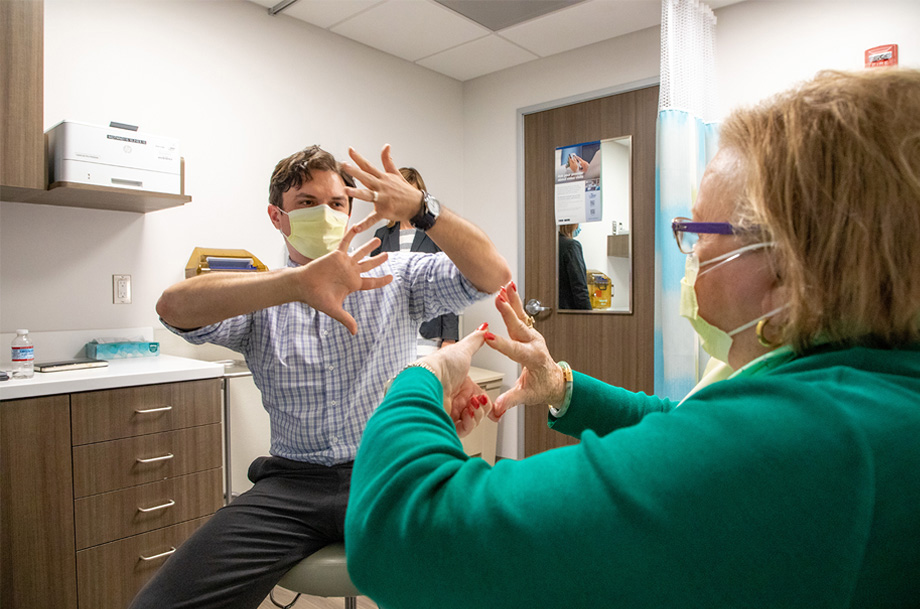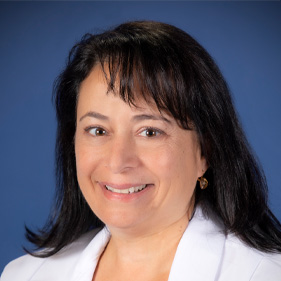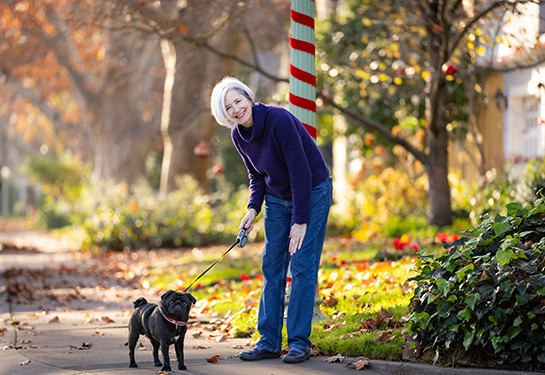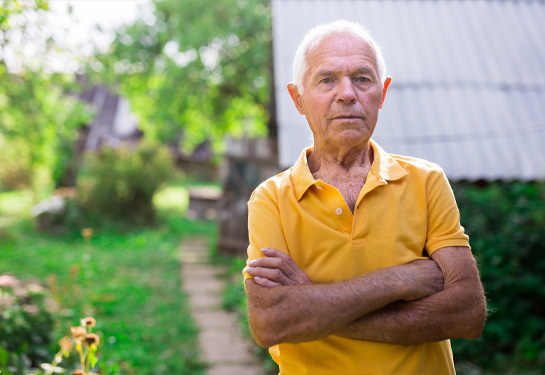Number of Sacramento residents age 65 or older growing at fastest rate in 130 years
As population ages, UC Davis Health is ready to meet health care needs
Sacramento’s population is growing older, more quickly.
According to the most recent census figures, the share of residents aged 65 or older in the Sacramento region grew by more than half from 2010 to 2020. It’s the fastest rate of growth in 130 years.
The population changes are driven mainly by the aging baby boomer generation. For people aged 65 to 85, the increases were:
- 54% in Sacramento County
- 6% in El Dorado County
- 6% in Placer County
Placer County is also home to the third largest increase of people aged 85-99 in California with a 43% jump.
UC Davis Health is ready to meet the changing needs of our region, thanks to investment in providers, clinics and programs designed for older residents.
As the share of residents aged 65 or older grows at a rapid pace, it puts increased pressure on health care resources, services and infrastructure. Older adults have more yearly physician visits, more chronic conditions, higher hospital use and a greater need for long-term care.
Over the next 10 to 15 years, we’re going to really have to be very thoughtful in how we deliver care to the oldest of the older population.— Rebecca Boxer, chief, Division of Geriatrics, Hospice and Palliative Medicine
Meeting the needs of aging population
Recognizing the aging population and already nationally ranked in geriatric care, UC Davis Health leaders recently launched the Division of Geriatrics, Hospice and Palliative Medicine. The goal is to provide interdisciplinary team-based care to improve the health and well-being of frail, older adults with multiple conditions across care settings.
The merger of geriatrics, palliative care and hospice is critical to aligning the care needs of older adults who prioritize comfort, dignity and holistic support. It also minimizes disruptions and reduces unnecessary hospital or Emergency Department visits. In addition, the division is home for scholarly work and education in clinical work and aging-related research.
The division supports the Healthy Aging Initiative, a systemwide commitment to age-friendly services that increase access to care, improve quality of life and make navigating the health system easier. Those efforts have earned Age-Friendly Health System Committed to Care Excellence designations in the inpatient, outpatient and Emergency Department settings.
“UC Davis Health is committed to helping our aging population live their best lives every single day. We are investing in doctors and nurses focused on the care of aging patients, and on organizing the delivery of health services to make it more convenient for those who may depend on loved ones as caregivers,” UC Davis Health CEO David Lubarsky said.
Focus on well-span
Lubarsky said that ultimately it’s about increasing well-span within a person’s lifespan, because everyone wants to be healthy. And people want to grow older in their own homes, something called ‘aging in place’, rather than having to spend their final years in a skilled care facility.

Boxer said that wellness comes from within a health system and outside of formal health care settings.
“The health system is only one piece of aging well. We can be leaders, but there are so many community organizations that are already instrumental in keeping older adults healthy, independent and doing well,” she said.
One way UC Davis Health is partnering with the community is through the new Office of Wellness Education. Launched in July 2022, the office offers resources to the UC Davis Health community and the people of Sacramento to help them prevent illness and lead longer, healthier lives. Researchers and clinicians address wellness on both sides of health care, integrating a curriculum for medical students and faculty, and providing accessible resources for patients and the community.
Meeting people where they are
As health care moves more into the community, UC Davis Health is expanding into the region’s largest growing areas. In Folsom, a new outpatient medical office building is under construction and, in the future, a micro-hospital, an outpatient surgery center and a hotel are planned. Proposed outpatient facilities in Elk Grove will increase access to expert care in one of the fastest growing communities in the Sacramento region.
“Health care systems need to focus on preventive care, chronic disease management and enhancing geriatric care services,” said Mike Condrin, chief operating officer of the health system’s ambulatory care. “Our investment in health care infrastructure, workforce development and approaches that support older adults' access to care are crucial in meeting the evolving health care needs.”
The next 40 years
There are additional social and economic consequences to an aging population, including the ability of working-age adults to support older people through Social Security and Medicare contributions. The Census Bureau calculates a dependency ratio, defined as the number of children plus the number of seniors per 100 working-age people. The dependency ratio recently increased for seniors by 6.8 people.
In addition, the number of caregivers to care recipient, knows as the caregiver support ratio, is one caregiver in every five U.S. households. That is expected to decrease to one in three by 2050. Researchers at the Family Caregiving Institute at the Betty Irene Moore School of Nursing at UC Davis focus on the 44 million caregivers currently in the U.S. by preparing caregivers and health providers to work together and developing systems to support them.
While the latest census data did not surprise Boxer, one statistic does alarm her. According to the California Department of Aging, the population of adults over the age of 85 in the Sacramento region is expected to increase 400% by 2060. That projection underscores the need for a multi-pronged approach to care for these individuals.
“Our new division serves as an academic home for passionate clinicians and innovative researchers to hopefully allow people to live healthier lives in their communities,” she said. “We must have an environment that helps people stay healthy as they age, so that we can care for the older frail person as they need more services.”





